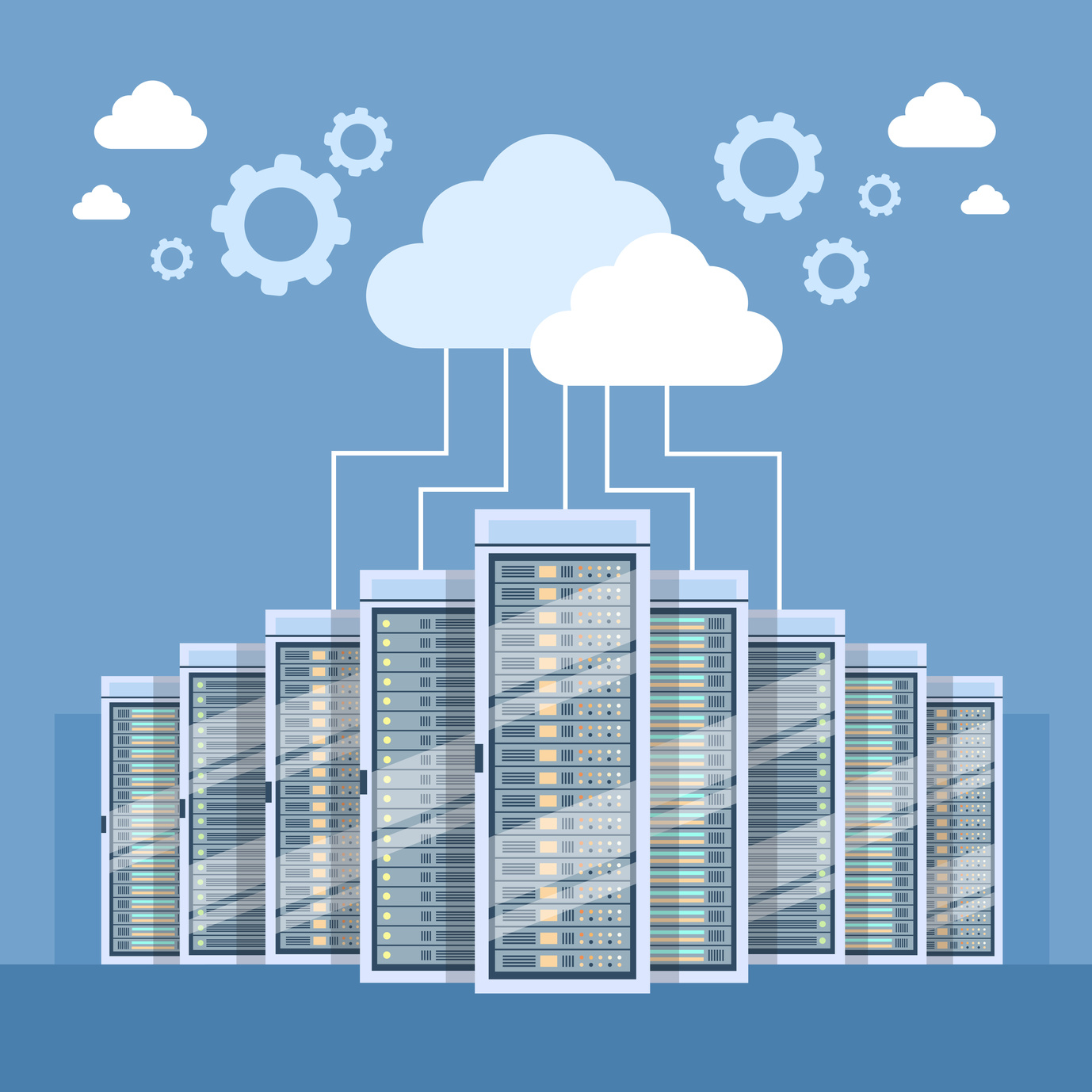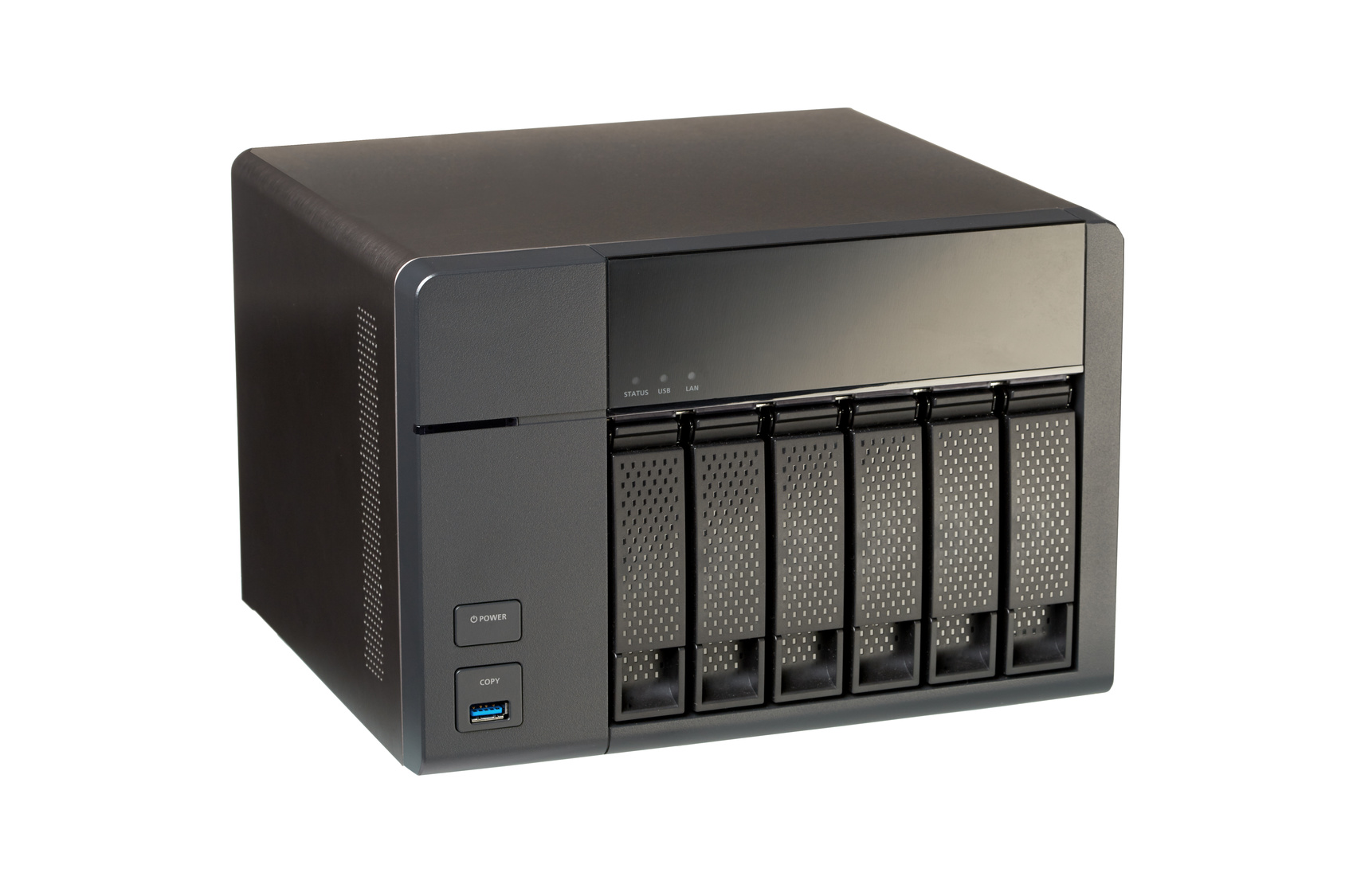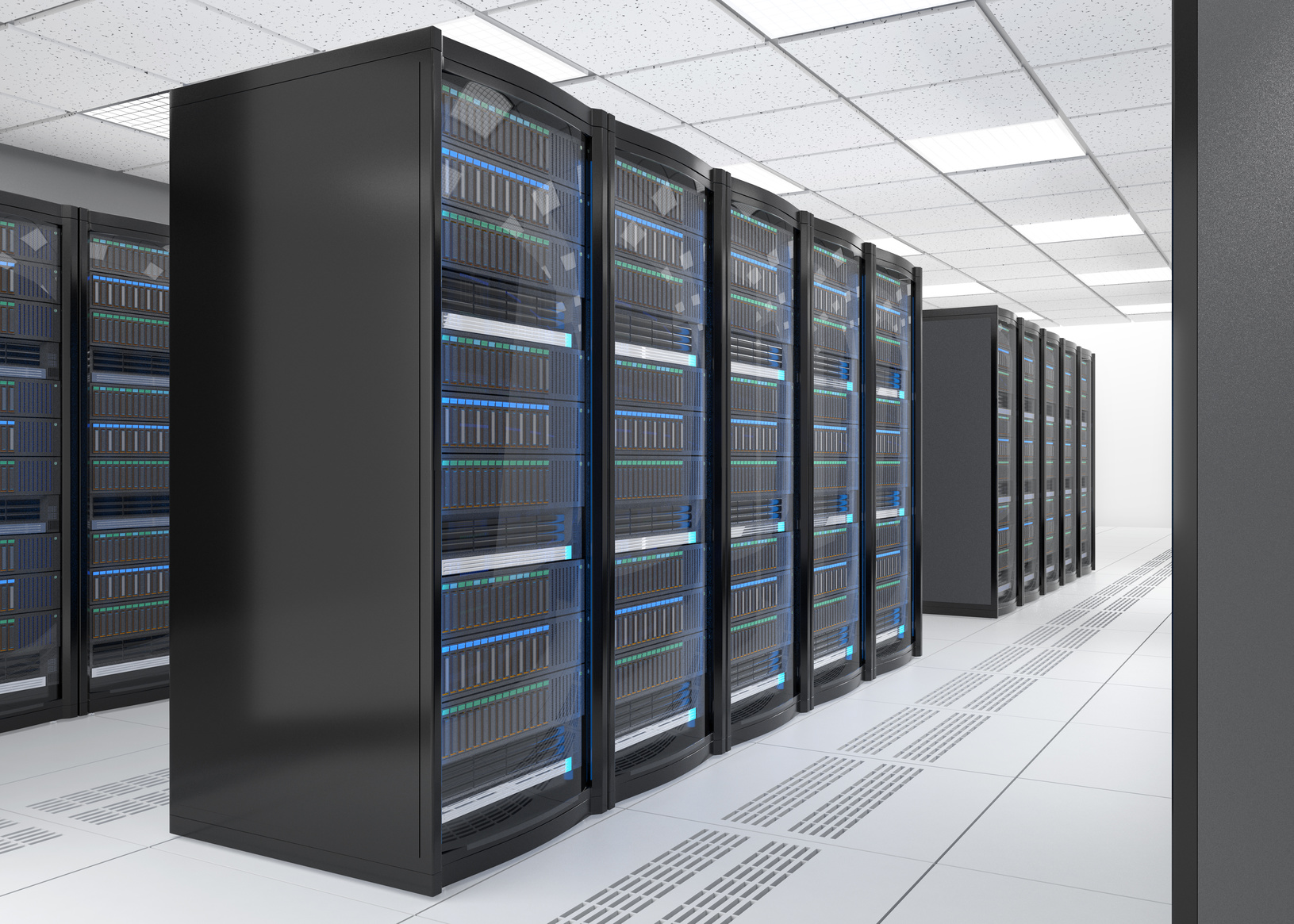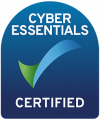
Cloud Drive vs NAS Drive vs Server- What, Where and When?
Cloud Drive vs NAS Drive vs Server- What, Where and When?
What am I talking about?
Well, a large percentage of the population will look at the title above and wonder if I am speaking a different language. Well, I guess you would be right, sort of. But this language (well at least the terms above) can be understood in this blog post alone. By the end of this post, you will have a better understanding of when you should purchase the items below and which one would be better for you and your business.
Cloud Drive:
A cloud drive is a web based service that can provide storage remotely. It is accessed through the internet and is used mainly for backing up files. Many cloud drives offer a limited amount of storage for free and charge monthly for the remaining amount. Popular cloud drives include DropBox, Google Drive, and Microsoft OneDrive.
NAS Drive:
NAS stands for Network Attached Storage. It is a storage device that connects to a network, allowing storage and retrieval of data from a centralised connection. NAS is specialised for serving files either by its hardware, software or configuration. The NAS provides local area network (LAN) points with file-based storage through an Ethernet connection creating a centralised storage point.
Server:
A server is a high-performance computer designed to process requests and deliver data to other computers over a local network or internet. Network servers are normally configured with additional processing memory and storage capacity to handle many users and requests.
The Good…
So, what are the perks of all these different storage servers and which one will work for you?
Cloud Drive:
The key benefits of cloud drive include:
- Increased accessibility to files as they can be accessed anywhere with the internet
- Easy to set up- no initial set up time like the other two options
- there are no hardware costs either, the costs are dependent on the space and service
- Typically, monthly subscription so cheaper short term than the other options
- Flexibility- can change the amount of space you need monthly, adapting costs.
- Remote data storage without significant performance deterioration
- Synchronised accessibility to data
NAS Drive:
The key benefits of a NAS drive include:
- NAS connects to your wireless router, not your computer allowing multiple users from multiple devices to access the same files
- Customisation of storage setting e.g. adding more hard drives in configuration
- Ability to connect to your printers, USB cameras as well as computers
- Allows you to pair multiple drives together to enhance efficiency, performance and redundancy.
- Remote access in most of the NAS devices allows you to access files from anywhere
- NAS Servers can be seen as a fairly cheap option dependent on how much memory you require, entry level NAS starts at around £50.
- Many see its physicality as a benefit as people like the fact they can physical move it.
- It is a centralised system giving a direct point of contact
- It is probably the cheapest long term for larger amounts of space.
- It allows a multitude of clients to access all the same files on the network
Server:
The key benefits of a server include:
- a reliable and higher security-enhanced infrastructure with built-in firewall to protect your business data
- keeping your network healthy by constantly updating your PCs and your servers
- Automatic data backups allow you to easily retrieve loss data
- Allows you to install operating systems to carry out administrative tasks such as DNS(Domain Name System), DHCP (Dynamic Host Configuration Protocol), active directory and domain management
- A centralised system allows you to increase your security while making it easier to locate files
- Accommodating a mobile workforce as employees can access email, internal web sites, network files from any PC with internet connection.
- Allowing you to prove high-speed internet connection across a network
- Giving you more processing power as it supercharges your network, storing large amounts of data clearing space on your PC
- Making it easier and quicker to add new computers, users and applications
- A more professional image to your customer as you can run web services, manage websites and create e-mail newsletters in a more sophisticated format
- Software enabling you to consolidate all your email accounts into a single, company hosted e-mail account
- Giving older PCs a renewed lease of life by offloading files and data to the server
- Out of all the options, it has the most benefits
The Bad…
Cloud Drive:
The negatives of a cloud drive include:
- Outages of power will affect access to files
- Large files on the cloud require large amounts of network bandwidth to
- Depending how you enable storage for your website it may be challenging to move to another provider if you have a provider dependent code
- Governments can potentially access your data meaning you may need to encrypt it before storing it in the cloud
- Hard to predict costs as they are monthly and based on storage. Low initial investment but if your business expands rapidly cloud could get very expensive
- If your VPS (Virtual Private Server) dies it could kill your back up
- Requires internet connection constantly – stops business if the internet is down
- Security is entirely dependent on the host
- A lot of the time the cloud is an additional back up and you have a NAS or a Server as well so it gets expensive.
NAS Drive:
The negatives of a NAS drive include:
- NAS connects to your wireless router, not your computer allowing multiple users from multiple devices to access the same files
- Customisation of storage setting e.g. adding more hard drives in configuration
- Ability to connect to your printers, USB cameras as well as computers
- Allows you to pair multiple drives together to enhance efficiency, performance and redundancy.
- Remote access in most of the NAS devices allows you to access files from anywhere
- NAS Servers can be seen as a fairly cheap option dependent on how much memory you require, entry level NAS starts at around £50.
- Many see its physicality as a benefit as people like the fact they can physical move it.
- It is a centralised system giving a direct point of contact
- It is probably the cheapest long term for larger amounts of space.
- It runs on the file system Linux so during a power loss or machine failure to recover documents you are in need of help from professional data recovery software
- End users backing up data must do it through the installed operating systems
- Performance of NAS is dependent on bandwidth available so in the wrong circumstance it could run slowly
- NAS also consumes large amounts of bandwidth which may affect the speed of the computer network
- Because it is physical it is vulnerable to fire and water damage unlike the cloud
- Limited operating system as it is just for storage, not as much movability or complexity as the server
- Security dependent on how you configure it
- Physically it lacks security over the cloud as someone could pick it up and take it
Server: The negatives of a server include:
- Server installations take a lot longer to implement
- It is the most expensive option out of all three
- It requires expertise to administrate
- If the server goes down, then the services it provides go down with it
- It is dependent on a network
- It can also cause network congestion
- Lack of scalability- network operating systems are not very scalable
NOTE;
It would be stupid to assume that price did not come into your decision. Obviously, you want to have the best solution to your IT problems as possible but money is still a deciding factor.
Below I have attached an average price by TB for a year. However, it is important to note that the NAS drive and the Server will not have any long-term costs apart from the initial however the cloud month on month will continue to charge you for storage. These prices are averages so obviously depending on the amount of storage needed and the provider you contact the prices will vary.
It is extremely hard to pinpoint what solution would be the best for your company as there are so many factors that influence the decision you should make. As you can see above it is not as simple as the money you wish to pay or the amount of data you have. Below I have attached different scenarios where we have recommended a client use a cloud drive, NAS drive or Server. However, for a free quote contact us here.
Cloud Drive:
Scenario:
A company that doesn’t have a permanent base with employees who work remotely most of the time. All the employees need access to company information wherever they are. A relatively small company with not a ridiculously large amount of data. They do not want the hassle of a large install they just want an easy set up with the only commitment being a monthly fee.
NAS Drive:
Scenario:
A company where the majority, if not all employees are in the same office. Central location for files required and something that does not need to upload files every time they are used. They have a lot of data which they do not want to be limited on and a lot of people that need to access the data at the same time. Willing to spend a reasonable amount of money on the drive but do not want to invest in a server as they do not require that expanse of services.
Server:
Scenario:
A company with a growing network which needs certain roles and administrative tasks carried out. The company has a lot of data that needs to be accessed easily. Especially if it is a company with videos that need to be rendered or large amounts of media the server is crucial. Not just for storage as it is hugely powerful with much more RAM than a NAS drive. It gives you much more control and security.
Lucidica provides IT support for London businesses






